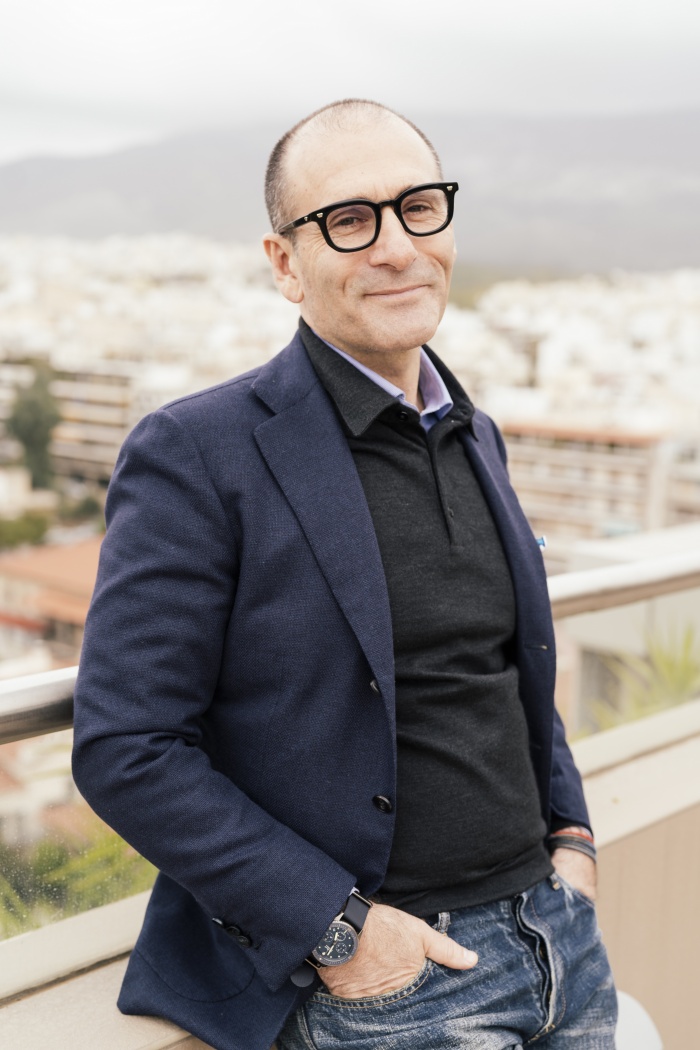
Breaking Travel News interview: Gavin Tollman, chief executive, Trafalgar
When Breaking Travel News spoke to Trafalgar chief executive, Gavin Tollman, in the spring last year the company was preparing to launch an expansion into Africa.
New destinations, new source markets and new experiences would allow the Travel Corporation-owned brand to continue its global development, he hoped.
So, a year on, as we sit down in his palatial office next to Buckingham Palace in central London, did the launch meet expectations?
“In terms of of sales out of the United Kingdom, our Africa product has been nothing short of spectacular – we hit our total first year budget within the first couple of months.
“This year, again, sales have far outstripped the anticipated interest – it has been hugely encouraging.”
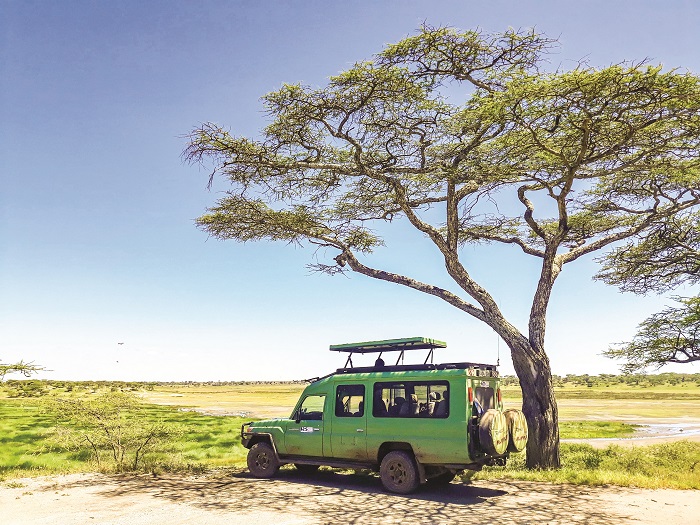
Taking Trafalgar into Africa is something of a personal triumph for Tollman and the Travel Corporation, with the organisation tracing its roots back to South Africa in the middle of the last century.
Tollman continues: “For me, personally, the most exciting moment came in December last year: the family had convened for the holiday season in South Africa.
“This meant I was there as the first trip departed Cape Town and I had the opportunity to meet the 20 or so guests who were travelling.
“As I look back, what really stood out was the energy and the anticipation of the journey ahead – none of them had expected Africa to be so exciting.
“We gave a welcome reception against an all-glass wall, with the backdrop of Table Mountain, and as we were there, we had one of those spectacular sunsets and the mountain laid out the ‘tablecloth’ and cloud poured over the top.
“It was one of those special moments.”
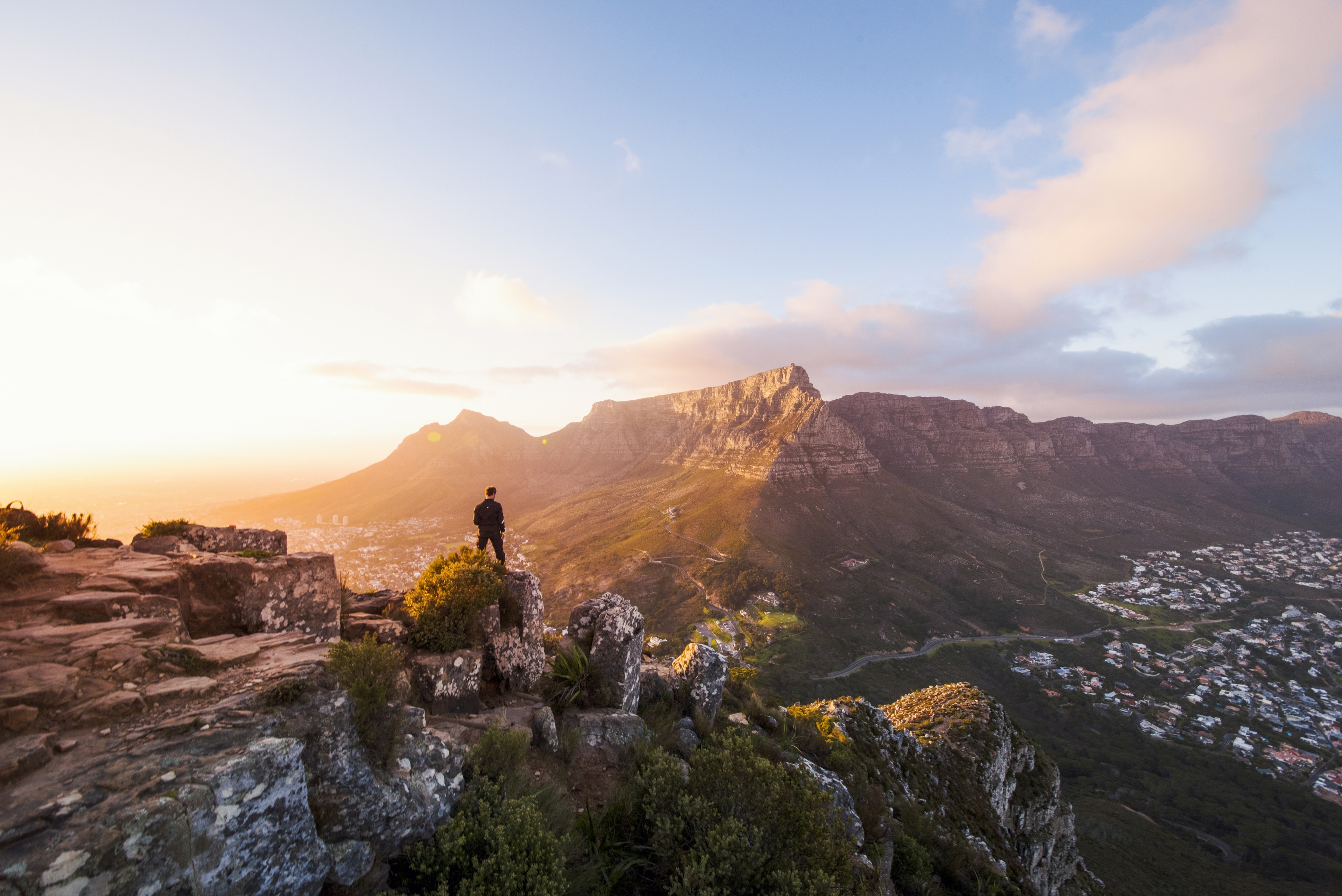
Tollman is also quick to point to developments from elsewhere within the Travel Corporation in Africa, with sister brand Red Carnation currently involved in the construction of what he brands the ‘ultimate’ safari lodge in the Okavango Delta, Botswana.
Xigera Safari Lodge, which is due to open next year, will allow guests to view big cats, spectacular birds (including native kingfishers), wild scavengers and majestic giants in their natural habitat, while also enjoying the hospitality of the hotel brand.
But is has not been smooth sailing, confides Tollman.
“I have just been in the United States working with members of the team from the hotel ahead of the opening in June next year and the ambition of the project is fantastic,” he continues.
“But, of course, as with any project, there were delays - but ours have been unexpected.
“First there was a leopard – the property is obviously on the delta, so you have to have a bridge to get to everything, and for a day a female leopard decided that bridge was the ultimate place to enjoy the sun.
“There was also a python that took up residence in the room of our architect Anton – needless to say he was terrified – and low and behold it has been hard to convince him to spend much time in the camp.”
His enthusiasm is infectious, however, and we can expect to hear a lot more about this project in the coming months.

Closer to home, and it is eastern Europe that his piqued the interest of Trafalgar from an outbound perspective from the UK.
“If I look at Europe and our expansion here, it is first and foremost in eastern Europe.
“The former Yugoslavia and some of the Baltic countries we see as growth markets, as well as Poland, where we see a real resurgence in demand – totally unprecedented,” Tollman explains.
“I am asked often how we find our experiences and I always answer – with great difficulty!
“If it was easy, everybody would do it.
“That is really why people travel with Trafalgar – to take advantage of that research and knowledge.
“You cannot find these experiences simply from going to trade shows – you have to be knocking on doors, asking friends of friends and keeping your mind open.”

When it comes to actually making travel arrangements, Trafalgar has noted a change in the booking window, Tollman continues.
“Our European and British sales are different to where they have been in years in gone by.
“Although they remain strong, the interest we see is actually higher than net bookings – and what this means is that we have entered a period of uncertainty.
“Politics in the United States, an election in Australia and economics here in the UK have all shifted the booking window, people are now booking much closer to departure.
“Trafalgar therefore went out of our way to help our travel agent partners, to give them that certainty with the 100 per cent guaranteed departures here in Europe – and that has been well received.
“Travellers have an underlying sense of ‘why book now?’ – there is an increase in demand but a fall in conversion.
“We now see bookings 90 days out, rather than the six or seven months we have seen in the past – people are questioning why they need to book that early and deciding to wait and see.
“With Brexit, people do not think Britain is going to shut down, they just don’t know what it might look like – so they decide to wait and see before booking.
“When I look forward, one of the greatest opportunities I see is outbound from here in the United Kingdom – there is a tremendous opportunity for growth.
“Big legacy brands have been having difficulty, others have been pulling out, but I am a firm believer that when there is a little disruption in a market, that is when some of the greatest opportunities arise.
“We have put in new structures here in the UK to take advantage of that.”

When we spoke last year, Tollman pointed to the role of travel agents as key to the success of the Travel Corporation, a message echoed by Red Carnation chief executive, Jonathan Raggett.
But, with fewer young travellers using traditional high-street agents, the Trafalgar chief warns their role is changing.
Research the company carried out last year suggested half of potential travellers feel the time and research needed to plan a holiday makes a trip unduly stressful – with agents now required to add value in order to reduce the demands of picking where to go.
“What came out of the research was an unexpected perspective from consumers – today travellers are overwhelmed by the excess of choice, it is becoming ever harder to know what to buy.
“Looking at travel, they were seeking ‘real’ and ‘authentic’ travel, but this is increasingly hard to get – you cannot just go and knock on local doors and ask to come in.
“People read guidebooks and research their trip on the internet, but they end up doing exactly the same things.
“Those are all things that are beginning to bubble up in consumers’ minds – and when I look at that, I say to our agents, that is your greatest opportunity.”
He adds: “My challenge to the trade is one of, if you are no more than an order taker, and you are adding no real value to the purchase cycle, then that is why people will not visit a travel agent.
“If all an agent does is book a holiday for you, after your own research, then what value do they add?
“What I say to agents is that the greatest opportunity is to become a specialist in travel, to add value, and your future will never be brighter.
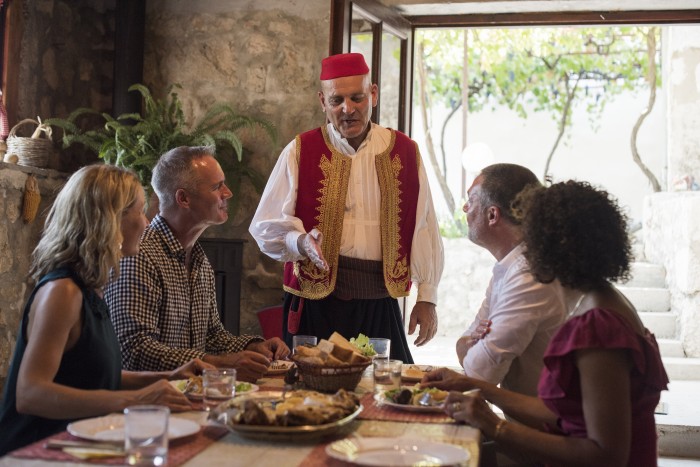
Finally, our discussion turns to the growing importance of overtourism, a topic where Tollman has been particularly vocal.
“Overtourism is a reality and the thing that antagonises and frustrates me the most is when I hear people within our industry say I am only ‘x’ percentage of tourism, so I am not part of the problem,” he explains.
“But the fact is, if we are in the travel industry, we have to look at it through the eyes of the locals.
“If they see travel as a problem, then that is the reality – it is their home after all.
“As an industry, there are a couple of key principals we can look at – the first being the importance of dissemination.
“This means moving away from just the iconic: local people must feel the benefit of tourism and if all you do is visit the iconic sites then there is no real benefit for individuals.
“This means there is no real benefit to tourism, there is only crowd pollution – it needs to be done in a way that means locals benefit.”
“Secondly, you have to ensure you take guests throughout the year – 365 tourism.
“If everybody just goes at one time, you end up with these huge blocks and nothing else.
“We are constantly challenging ourselves as to how we can become a year-round travel provider.
“This again requires an open mind, as with our autumn, winter, spring series, where we changed the entire costing model to ensure that we could inspire people to travel year-round.”
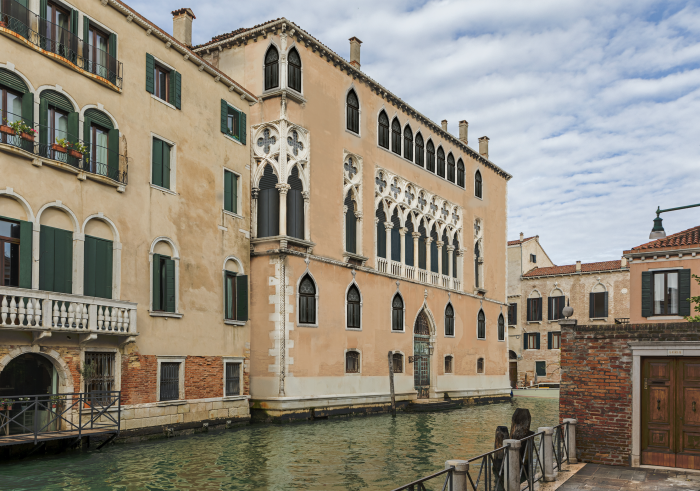
Perhaps somewhat inevitably, however, Tollman argues government taxation is not the way to reduce overtourism.
He concludes: “I am frustrated by governments that over tax the travel industry.
“We are not local constituents, so they see travel as a necessary evil – but they are not looking at it in the wider sense of its economic benefits.
“Governments need to understand that all tourism is not the same, they must examine the impact that guests have in a destination that they visit.
“For example, in Venice, where we have Be My Guests and Uniworld river cruises: we support the destination.
“We take guests around the lagoon, helping to support local fishermen for example, which is very different from somebody who arrives on a cruise ship and contributes very little to the economy.
“They two cannot viewed with the same way – if an organisation is not contributing then, sure, there might be an opportunity to tax more, but governments need to be very careful.”
More Information
Trafalgar is a guided holiday company offering itineraries to a range of exciting destinations.
With nearly 70 years of experience and local expertise, Trafalgar provides an insider’s view to create travel experiences around the world.
Find out more on the official website.

